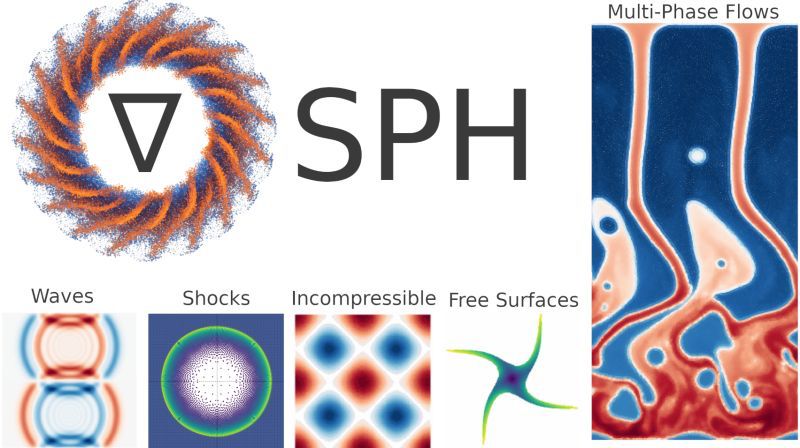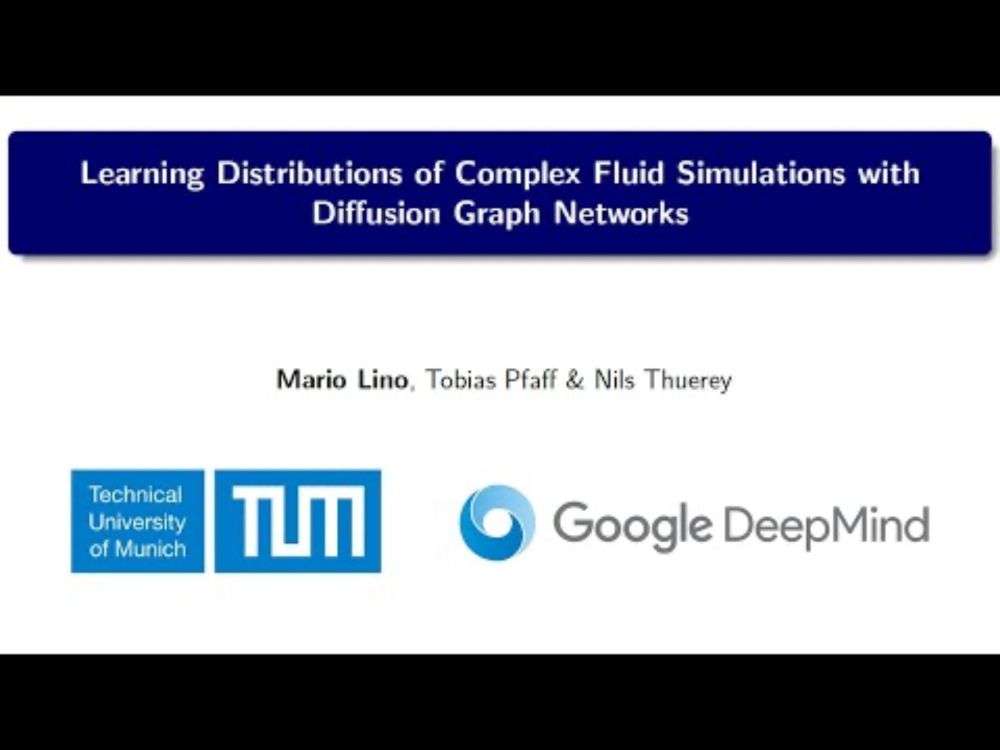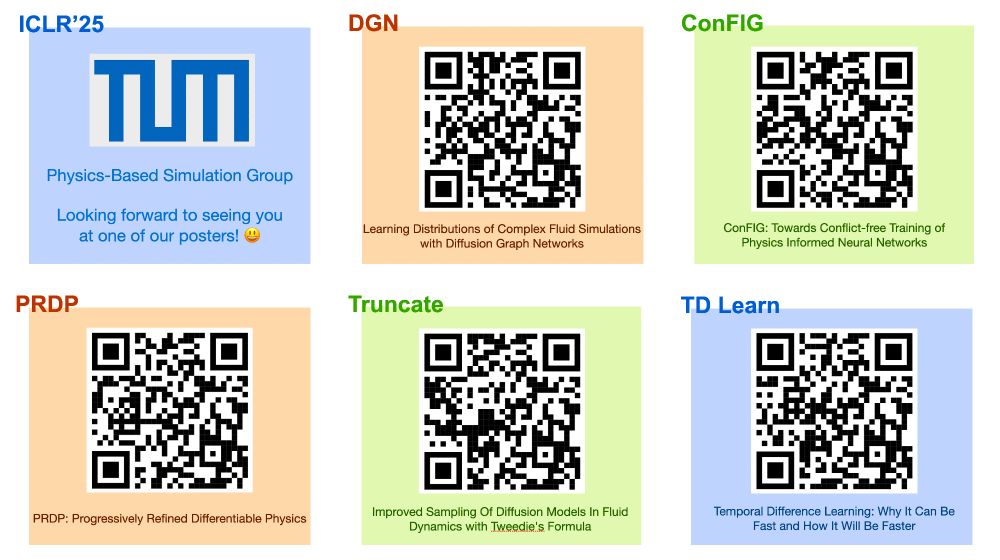
We introduce a scalable hybrid CNN–Transformer architecture that pushes neural surrogate modeling into the regime of truly high-resolution 3D simulations.
We introduce a scalable hybrid CNN–Transformer architecture that pushes neural surrogate modeling into the regime of truly high-resolution 3D simulations.
It's been a long journey, this paper was first submitted to NeurIPS'23, and now, almost 3y later, finally got accepted www.sciencedirect.com/science/arti...

It's been a long journey, this paper was first submitted to NeurIPS'23, and now, almost 3y later, finally got accepted www.sciencedirect.com/science/arti...
- PDE Transformer as backbone architecture
- differentiable physics constraints to guide
- and ConFIG as optimizer to resolve conflicts in the gradients

- PDE Transformer as backbone architecture
- differentiable physics constraints to guide
- and ConFIG as optimizer to resolve conflicts in the gradients

Excited to share my #NeurIPS 2025 paper with @thuereygroup.bsky.social: "Neural Emulator Superiority"!
Excited to share my #NeurIPS 2025 paper with @thuereygroup.bsky.social: "Neural Emulator Superiority"!


the core idea is a very generic and powerful one: we compute a local Eigenbasis from flow features for equivariance. Mathematically it's identical to previous approaches, but faster and simpler 😅
the core idea is a very generic and powerful one: we compute a local Eigenbasis from flow features for equivariance. Mathematically it's identical to previous approaches, but faster and simpler 😅

For these we’re excited to announce the first public release of DiffSPH , our differentiable Smoothed Particle Hydrodynamics solver.
Code: diffsph.fluids.dev
Short demo: lnkd.in/dYABSeKG

For these we’re excited to announce the first public release of DiffSPH , our differentiable Smoothed Particle Hydrodynamics solver.
Code: diffsph.fluids.dev
Short demo: lnkd.in/dYABSeKG

Simulating fluids is hard, and learning 3D closure models even harder: This is where PICT comes in — a GPU-accelerated, fully differentiable fluid solver for PyTorch 🥳
Simulating fluids is hard, and learning 3D closure models even harder: This is where PICT comes in — a GPU-accelerated, fully differentiable fluid solver for PyTorch 🥳




